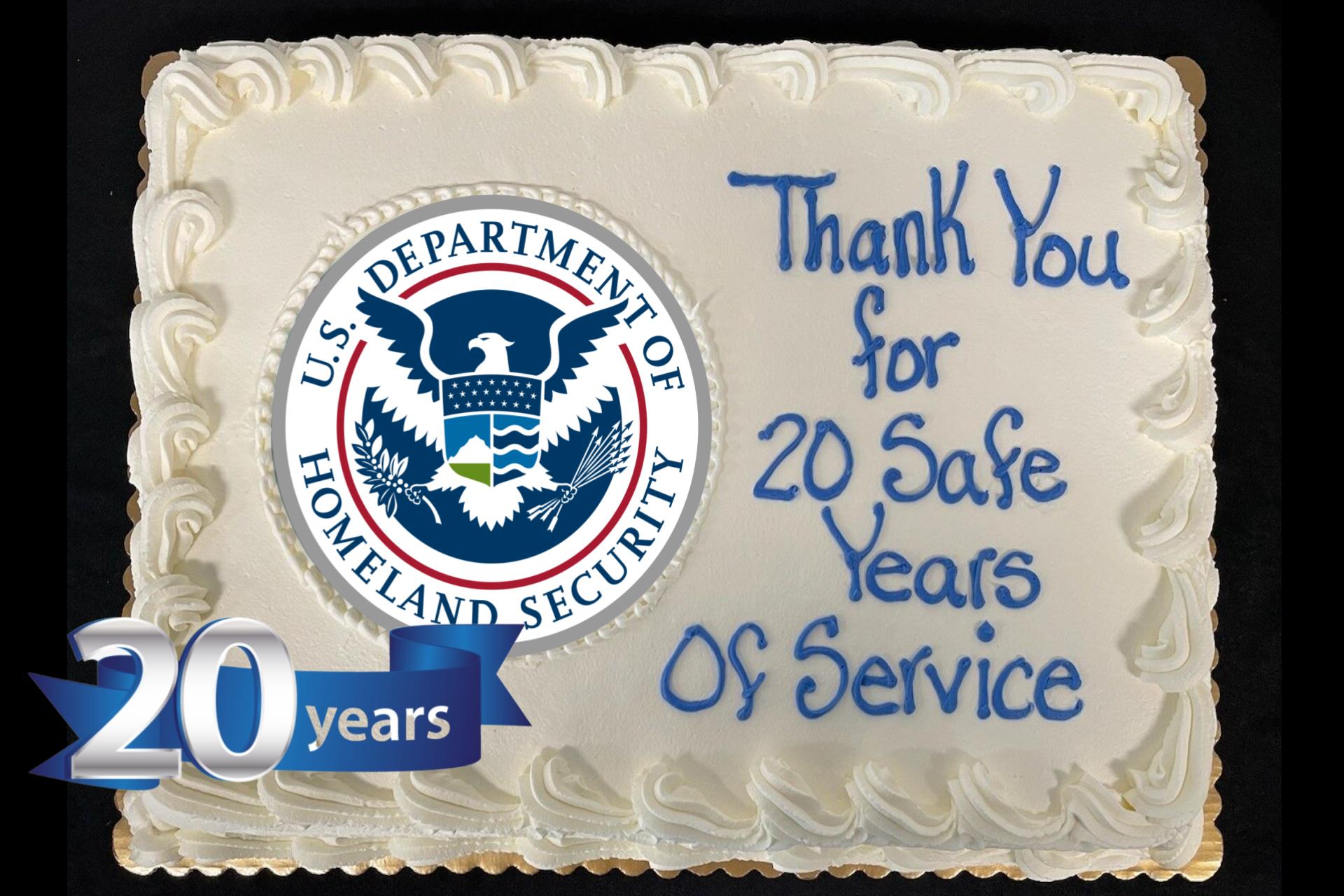HLS.Today – It has been over 20 years since the United States Department of Homeland Security (DHS) was established in response to the terrorist attacks of September 11, 2001. The DHS was created to coordinate the country’s efforts to prevent terrorism and enhance security. Today, the DHS is a large and complex agency that is responsible for a wide range of activities, including border security, aviation security, disaster response, and cyber security.
In the two decades since its creation, the DHS has faced a number of challenges and has had to adapt to a rapidly changing security landscape. One of the biggest challenges has been the threat of terrorism, both domestic and international. In the aftermath of 9/11, the DHS worked closely with other agencies to prevent further attacks and to strengthen the country’s security measures. This included implementing new screening procedures at airports, enhancing border security, and increasing surveillance.
In recent years, the DHS has also had to deal with the growing threat of cyber attacks. As technology has become more integrated into every aspect of our lives, the risk of cyber attacks has increased, and the DHS has had to develop new strategies and technologies to defend against them. This has included establishing the National Cybersecurity and Communications Integration Center (NCCIC) to coordinate the government’s response to cyber incidents and working with private companies to improve the security of their networks.
Another major challenge for the DHS has been the issue of immigration. The agency is responsible for enforcing the country’s immigration laws and securing its borders, but this has proved to be a contentious and difficult task. The DHS has faced criticism for its handling of the issue, particularly with regards to the separation of families at the border and the detention of immigrants.
Overall, the DHS has faced a number of challenges in the 20 years since its creation, and it has had to adapt to a rapidly changing security landscape. While the threat of terrorism remains a concern, the DHS has also had to deal with a range of other issues, including cyber security and immigration. Despite these challenges, the agency has continued to work to protect the country and its citizens.
There is established a Department of Homeland Security, as an executive department of the United States within the meaning of title 5, United States Code.
The Department of Homeland Security would make Americans safer because our nation would have:
- One department whose primary mission is to protect the American homeland;
- One department to secure our borders, transportation sector, ports, and critical infrastructure;
- One department to synthesize and analyze homeland security intelligence from multiple sources;
- One department to coordinate communications with state and local governments, private industry, and the American people about threats and preparedness;
- One department to coordinate our efforts to protect the American people against bioterrorism and other weapons of mass destruction;
- One department to help train and equip for first responders;
- One department to manage federal emergency response activities; and
- More security officers in the field working to stop terrorists and fewer resources in
Washington managing duplicative and redundant activities that drain critical homeland security resources.
1- In General: The primary mission of the Department is to— (A) prevent terrorist attacks within the United States; (B) reduce the vulnerability of the United States to terrorism; (C) minimize the damage, and assist in the recovery, from terrorist attacks that do occur within the United States; (D) carry out all functions of entities transferred to the Department, including by acting as a focal point regarding natural and manmade crises and emergency planning; (E) ensure that the functions of the agencies and subdivisions within the Department that are not related directly to securing the homeland are not diminished or neglected except by a specific explicit Act of Congress; (F) ensure that the overall economic security of the United States is not diminished by efforts, activities, and programs aimed at securing the homeland; and (G) monitor connections between illegal drug trafficking and terrorism, coordinate efforts to sever such connections, and otherwise contribute to efforts to interdict illegal drug trafficking.
HLS.Today Homeland Security Act of 20022 – RESPONSIBILITY FOR INVESTIGATING AND PROSECUTING TERRORISM.—Except as specifically provided by law with respect to entities transferred to the Department under this Act, primary responsibility for investigating and prosecuting acts of terrorism shall be vested not in the Department, but rather in Federal, State, and local law enforcement agencies with jurisdiction over the acts in question.
COORDINATION WITH NON-FEDERAL ENTITIES.—With respect to homeland security, the Secretary shall coordinate through the Office of State and Local Coordination (established under section 801) (including the provision of training and equipment) with State and local government personnel, agencies, and authorities, with the private sector, and with other entities, including by— (1) coordinating with State and local government personnel, agencies, and authorities, and with the private sector, to ensure adequate planning, equipment, training, and exercise activities; (2) coordinating and, as appropriate, consolidating, the Federal Government’s communications and systems of communications relating to homeland security with State and local government personnel, agencies, and authorities, the private sector, other entities, and the public; and (3) distributing or, as appropriate, coordinating the distribution of, warnings and information to State and local government personnel, agencies, and authorities and to the public. (d) MEETINGS OF NATIONAL SECURITY COUNCIL.—The Secretary may, subject to the direction of the President, attend and participate in meetings of the National Security Council. (e) ISSUANCE OF REGULATIONS.—The issuance of regulations by the Secretary shall be governed by the provisions of chapter 5 of title 5, United States Code, except as specifically provided in this Act, in laws granting regulatory authorities that are transferred by this Act, and in laws enacted after the date of enactment of this Act.
HLS.Today HLS Office - Bush 2002Strategic Goals
Our strategic plan sets out general, outcome-oriented strategic goals.
Strategic Objectives
For each strategic goal, multiple objectives were developed reflecting specific areas for improvement identified through the strategic planning process. These objectives are formulated to be specific enough to enable the measurement of progress in these areas.
Strategies and Performance Indicators
For each of the strategic goals, we developed performance indicators that are outcome-oriented and quantitative wherever feasible. These are intended to illustrate at a high level our approach to measuring progress in areas critical to mission performance. Strategies are provided to illustrate how objectives will be operationalized. These performance indicators and strategies will be further refined and supplemented during the process of developing an enterprise-wide implementation plan and corresponding component-level plans.
As part of the annual performance process, we will analyze data obtained from the performance indicators and other feedback to recalibrate strategies to achieve our objectives. As the capacities of the organization mature over a multi-year period, we will adjust strategies and performance indicators.
HLS.Today HLS Office - Strategic-Plan-2022-2026







